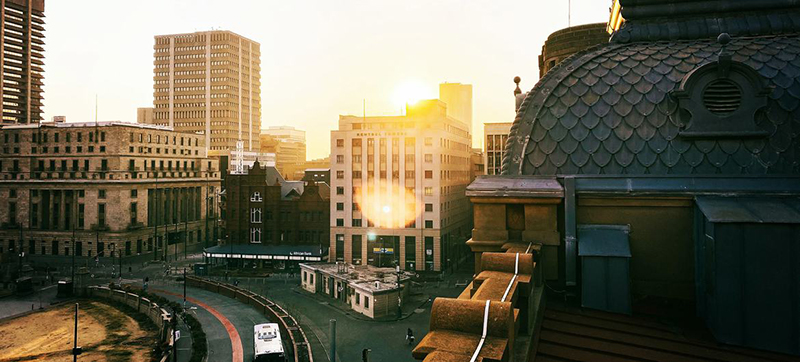 South Africa
South Africa New York: South Africa must swiftly set up a watchdog mechanism to examine prisons, detention centres, and other facilities, UN independent experts on torture prevention said on Monday, citing “entrenched” ill treatment.
The experts offered several recommendations after observing a range of concerns, from poor detention conditions to allegations of corruption, on the heels of the first visit of the UN Subcommittee on Prevention of Torture and other Cruel, Inhuman or Degrading Treatment or Punishment (SPT) to South Africa, from 26 February to 9 March.
“This must change,” said Abdallah Ounnir, head of the subcommittee’s delegation. “There is an urgent need for South Africa to fully establish a national preventive mechanism.”
This would ensure the country’s compliance with its commitment made in 2019 to the Optional Protocol to the Convention against Torture, he explained.
Such a national preventive mechanism should be a fully independent monitoring body empowered to visit all places of detention, which “is key to prevent torture and ill-treatment in the country”, he said.
‘Inhuman’ practices
During the visit, he said the delegation had noted the overuse of liberty deprivation across sectors, such as prisons, police stations, immigration facilities, mental health facilities, and drug treatment centres.
“This reflects a de facto punitive rather than a rehabilitative approach to crime and other social issues,” he said. “The high number of remand detainees and overcrowding in detention places reflect deficiencies in the criminal justice system and the judiciary.”
In addition, the delegation received allegations of corruption within facilities and “observed entrenched inhuman practices, ill-treatment, and poor detention conditions,” he said.
Taking a proactive approach
The subcommittee visited public and private penitentiaries, police stations, military detention barracks, youth care centres, psychiatric hospitals, drug rehabilitation institutions, and a migrant detention camp.
They conducted confidential interviews with staff members and people held in these institutions and met with Government officials, civil society, the South African Human Rights Commission, and related bodies.
Following the visit, the subcommittee will submit a confidential report to the Government of South Africa, with observations and recommendations to prevent torture and ill-treatment of people deprived of their liberty.
The Subcommittee on Prevention of Torture began its work in the UN human rights system in 2007, with a preventive mandate focused on taking a proactive approach to preventing torture and ill treatment.
Support Our Journalism
We cannot do without you.. your contribution supports unbiased journalism
IBNS is not driven by any ism- not wokeism, not racism, not skewed secularism, not hyper right-wing or left liberal ideals, nor by any hardline religious beliefs or hyper nationalism. We want to serve you good old objective news, as they are. We do not judge or preach. We let people decide for themselves. We only try to present factual and well-sourced news.







